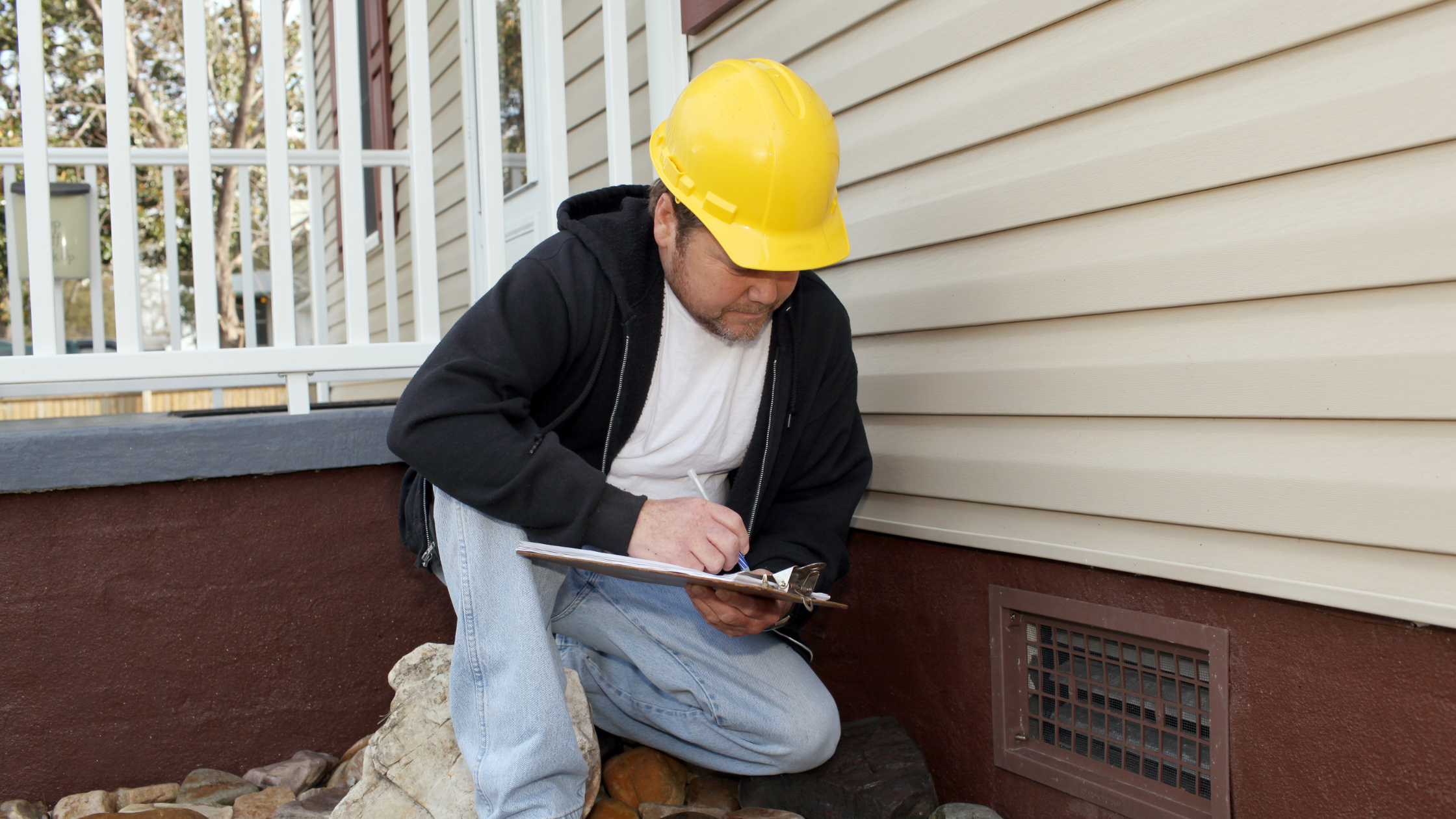Why Get A Home Inspection in Snohomish County?
View all Snohomish County Real Estate today HERE and see all the latest listings. Call 425-308-6641 to Buy or Sell a House in Snohomish County today.

The question, “Why should I get a home inspection? Can’t I just inspect it myself?” comes up all the time when buying a house. Buying a home is for many people, the greatest investment they will make in their lifetime. You want to make sure that what you are buying is a sound investment and that there isn’t anything majorly wrong with the house.
A licensed and bonded home inspector has the experience and knowledge to help you decide if the home is in good enough condition to move forward. You are always able to choose your own inspector that is licensed and bonded. If you do not know of any your agent can always recommend a few inspectors to you. As soon as you are in a contract you will want to schedule a home inspector.
What to Expect at Your Home Inspection
Home inspections are pretty much the same whether buying a single-family house, townhouse, condo, or multi-family home. During a home inspection, a licensed and bonded home inspector will go through the entire house. They check the crawl space, attic, and exterior of the house and look at every detail. They will take note of anything that is not in the best condition and put it into a report for you and your real estate broker to go over.
You have the choice to be at your home inspection or not. The inspection of a house usually takes about 2-4 hours. In Washington State, it is the law for the buyer’s agent to be present at the inspection. Buying a house is always emotional whether it’s for you to live in or not. An inspector goes in that is not attached to the house to give you an honest report of what all needs to be done.
American Society of Home Inspectors publishes a Standards of Practice and Code of Ethics that outlines what you should expect to be covered in your home inspection report.
What To Do With Your Inspection Report
Now that you received your inspection report you get to decide what you want to do. Do you want to ask the seller to do any repairs or replace anything? You can also choose to either accept the house as is or back out of the sale altogether. One thing to remember is that every house is going to have something, even new construction. You just want to make sure that the big items are in good working order like the roof, furnace, hot water tank, plumbing, electrical, and foundation.
Once you decided how you would like to respond to the home inspection your real estate broker will write up an inspection response form. This form is how you ask the seller to do any repairs, walk away, or approve the inspection.
Another benefit of having the inspection report regardless of asking for items to be fixed is having a list of things you know will need maintenance. Having this list can help home buyers have a plan for when they move in as to what improvements should be taken care of first. There are always small things on the report that don’t seem like a big deal, but taking care of them early on can help before they turn into a big issue. This helps you save money in the long run.
How Much Do Home Inspections Cost?
Home inspection prices can be anywhere from $400 – $700. The cost really depends on the size of the home, the distance it is from the home inspector, and if there are any extra things being inspected. Extras could include a septic system or well. This really is a small price to pay if something major pops up in the home inspection. It can avoid making a costly mistake when buying a house. Your real estate agent can suggest some home inspectors that they know will do a great job. Many home inspectors also offer a warranty to guarantee their work. This gives many buyers the piece of mind when they are putting so much money into an investment.
Depending on the house you are buying you might also want to get a well test, septic inspection (seller does this), oil tank testing, lead-based paint test, pest inspection, or sewer inspection.

